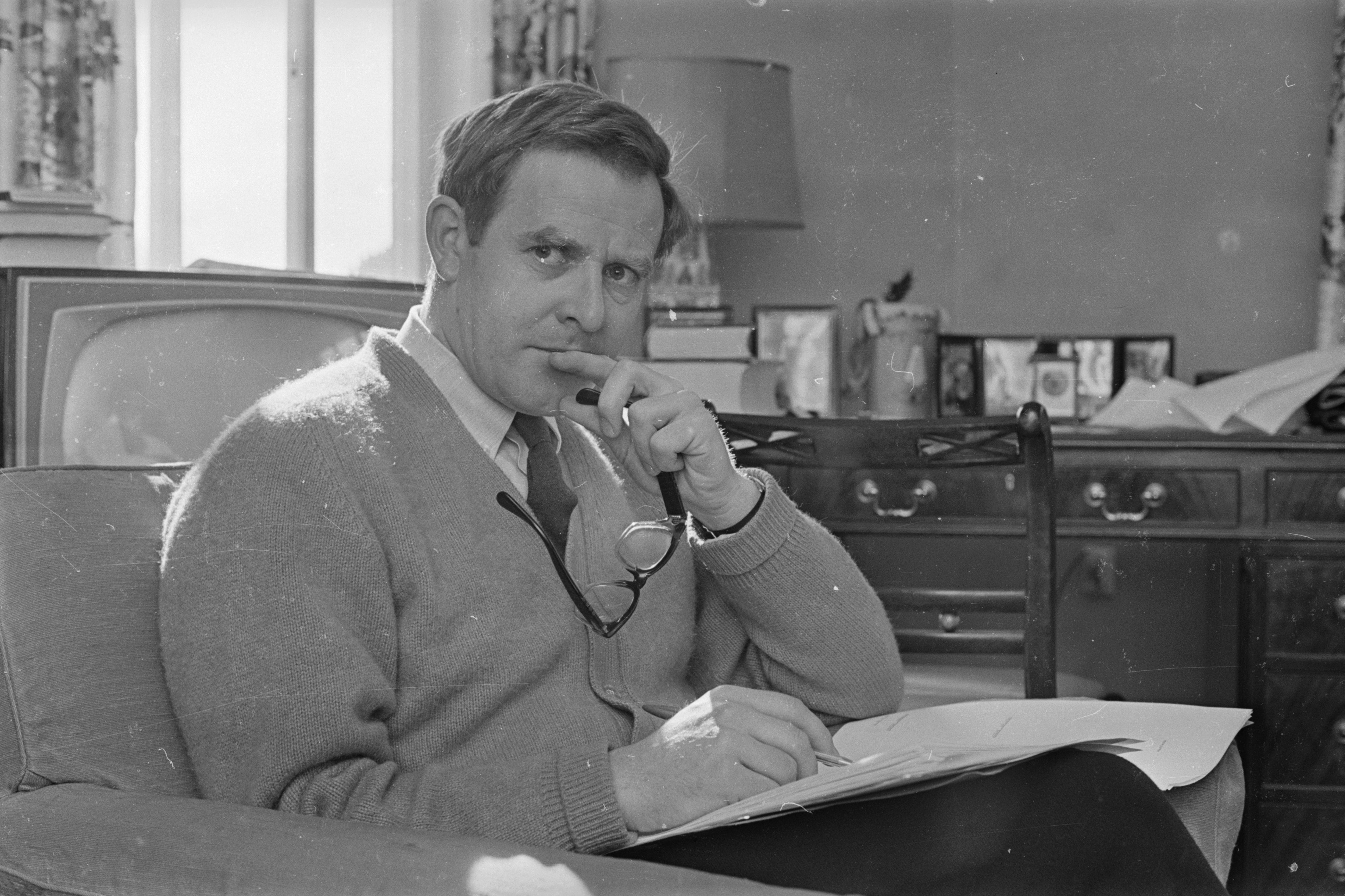Book of a lifetime: A Perfect Spy by John le Carré
From The Independent archive: Clare Morrall finds in the shadows an alternative world – a thread of darkness that runs parallel to normal existence, which illuminates the treachery of the human heart

When writing my novel, The Man Who Disappeared, I spent time thinking about the concept of identity; the idea that people can fool not just their close associates but even themselves, and literally become the person they believe they are. It became increasingly clear to me that nobody ever really knows another person. And my mind kept returning to John le Carré’s A Perfect Spy, where the world of spies and double-spies becomes a metaphor for the treachery of the human heart, where identity can become lost and confused in a web of hidden corridors.
I first read A Perfect Spy about 20 years ago and to read it again was a real treat. Le Carré’s world leaps out of the pages: the games played in the shadows, where people really are tortured and die; the deals, the double-crosses; the terminology that doesn’t need explaining because he credits the reader with intelligence. It’s an alternative world, a thread of darkness that runs parallel to normal existence. Within this world there are complex emotions, emerging so painfully that they take your breath away.
Magnus Pym is holed up in a boarding house in Devon, knowing his time is limited, writing the story of his life for his son. Rick, his father, a man with enormous presence and energy but no moral integrity, features prominently. Magnus’s childhood alternates between paradise – a life of luxury accompanied by “the Lovelies” and Syd Lemon, Rick’s cockney first lieutenant – and darkness, when the lights go out in the vast nursery, the cook disappears and two police cars park in the drive. After a period of austerity, his dad returns and it starts all over again.
Rick bounces in and out of Magnus’s life, turning up with his court, demanding love, always embarrassing. There’s a glorious chapter when Rick almost gets himself elected as a member of parliament. Magnus helps with the campaigning, charming old ladies on icy doorsteps, promising to see them all right. Why does Magnus do it? His love for his father is complicated, entangled with hate, and Rick’s death becomes the trigger that leads to Magnus’s final breakdown.
Every character is painted with compassionate detail. You believe in them all: Jack Brotherhood, who loves Magnus because he recruited him, who believes in him until it becomes impossible, a man who could shoot his sick dog with no visible sign of emotion; Axel, alias Poppy, betrayed by Magnus, who comes back, expecting and receiving unbreakable loyalty; Miss Dubber, Magnus’s Devonshire landlady, accepting his care like a substitute mother. I know these people as if they lived next door to me.
The Berlin Wall has gone but le Carré’s novels are no less relevant today. He dissects the world of the heart, those innermost paths where none of us like to go for fear of what we’ll find. I’ve heard that le Carré refuses to allow his books to be entered for literary prizes. It’s probably just as well. He’d win every time.



Join our commenting forum
Join thought-provoking conversations, follow other Independent readers and see their replies
Comments